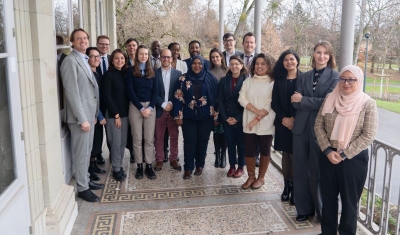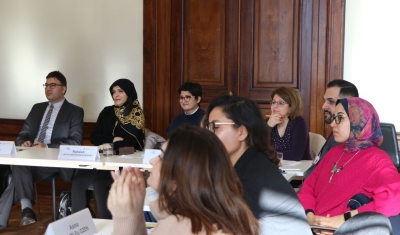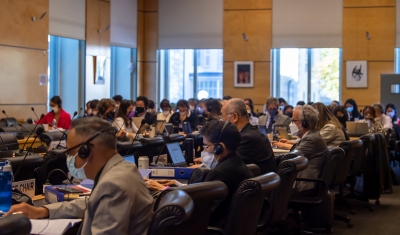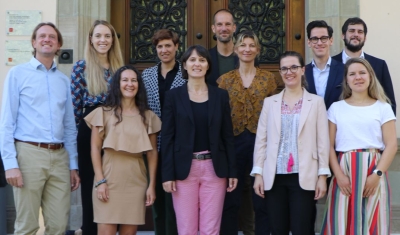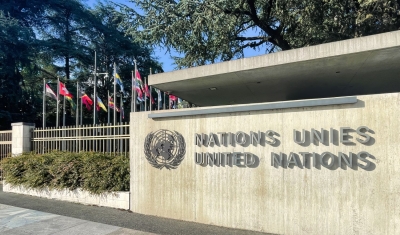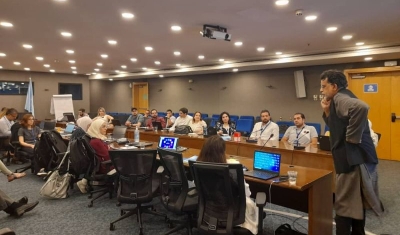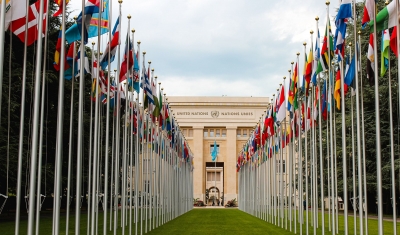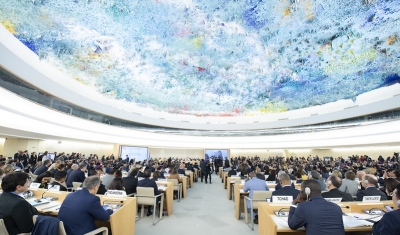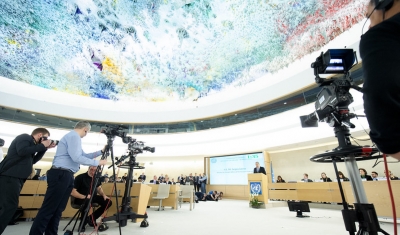Our Training Hub organizes customized training courses for international organizations, NGOs, governments or National Human Rights Institutions related to their engagement with the United Nations (UN) human rights mechanisms or on specific human rights.
These courses are tailored to the needs of partners and audiences and combine the Geneva Academy’s human rights expertise with the network and outreach of the Geneva Human Rights Platform. Their design and content are elaborated in close coordination with the partners.
Located in the heart of International Geneva at our headquarters Villa Moynier, our customized training courses can run from one day to a full week. They can also take place online. Upon successful completion of the course, all participants receive a Certificate of Participation from the Geneva Human Rights Platform.
Should you be interested to organize such a customized training course, please do not hesitate to contact us at traininghub@geneva-academy.ch


